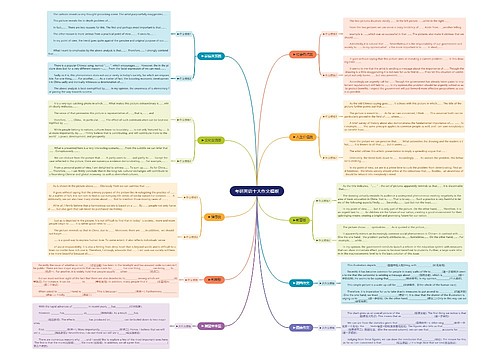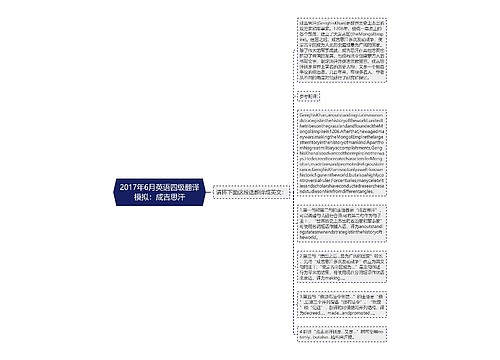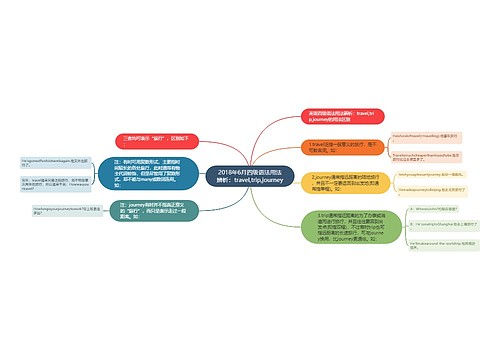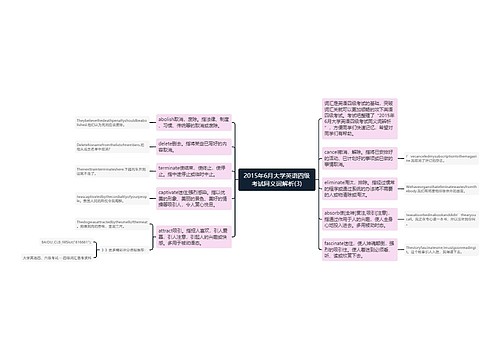2021年英语四级听力美文第96篇:Computers: Are They...思维导图
从前多好
2023-03-16

2021年英语四级听力美文第96篇:Computers:AreThey...
树图思维导图提供《2021年英语四级听力美文第96篇:Computers: Are They...》在线思维导图免费制作,点击“编辑”按钮,可对《2021年英语四级听力美文第96篇:Computers: Are They...》进行在线思维导图编辑,本思维导图属于思维导图模板主题,文件编号是:dcd040b8f42a8431a3f4057cf775d6b8
思维导图大纲
相关思维导图模版
904名中国成年人第三磨牙相关知识、态度、行为和病史的横断面调查思维导图
 U633687664
U633687664树图思维导图提供《904名中国成年人第三磨牙相关知识、态度、行为和病史的横断面调查》在线思维导图免费制作,点击“编辑”按钮,可对《904名中国成年人第三磨牙相关知识、态度、行为和病史的横断面调查》进行在线思维导图编辑,本思维导图属于思维导图模板主题,文件编号是:10b9a8a2dd2fb4593f8130ef16c320fc

销售经理半年规划思维导图
 U582121265
U582121265树图思维导图提供《销售经理半年规划》在线思维导图免费制作,点击“编辑”按钮,可对《销售经理半年规划》进行在线思维导图编辑,本思维导图属于思维导图模板主题,文件编号是:e614d6bcf03e9318109240a18697c5d1
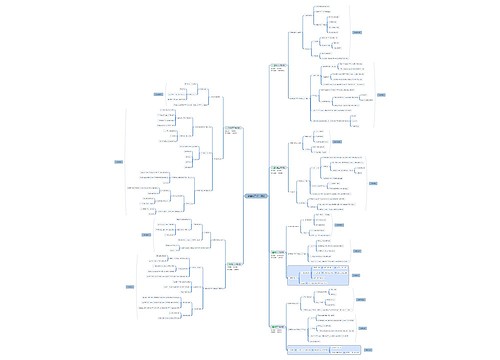
相似思维导图模版
思维导图模版推荐
2021年英语四级听力美文第97篇:The Importance of...思维导图
2023-03-16 20:58:47

2021年英语四级听力美文第98篇:Pop Stars思维导图
2023-03-16 20:58:51
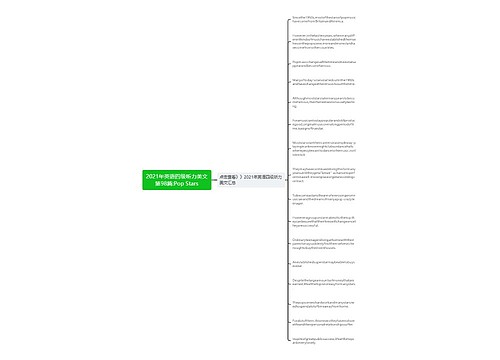
2021年英语四级听力美文第99篇:War思维导图
2023-03-16 20:58:55

2021年英语四级听力美文第95篇:Will Man Conquer Space?思维导图
2023-03-16 20:58:38

2021年英语四级听力美文第94篇:People with Disabilities思维导图
2023-03-16 20:58:34

2021年英语四级听力美文第93篇:Hotter or Colder ?思维导图
2023-03-16 20:58:26


